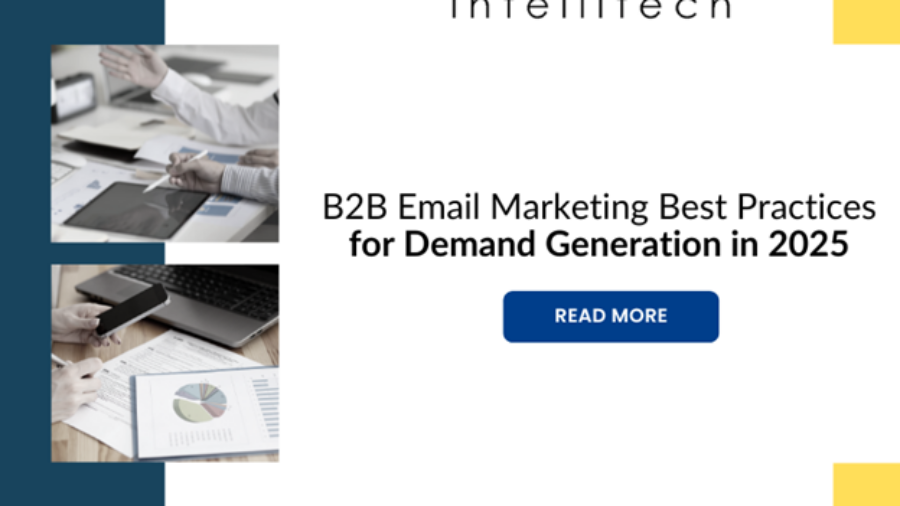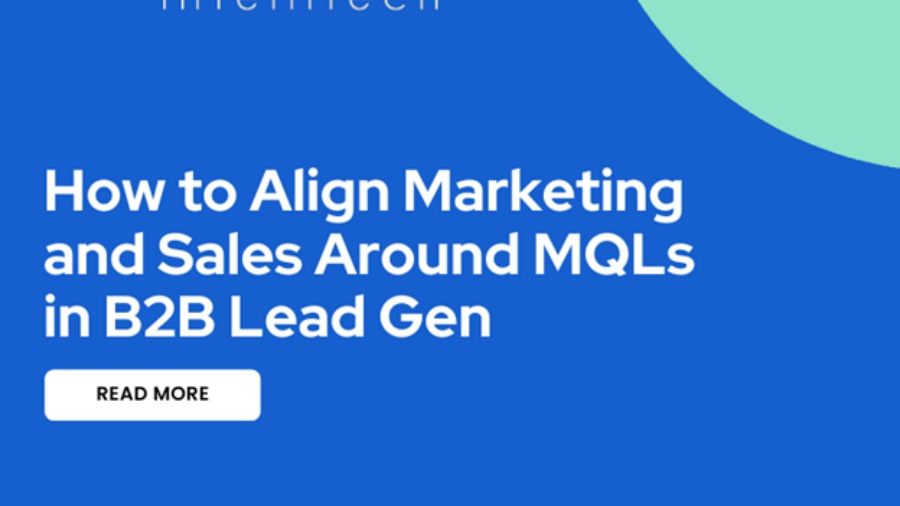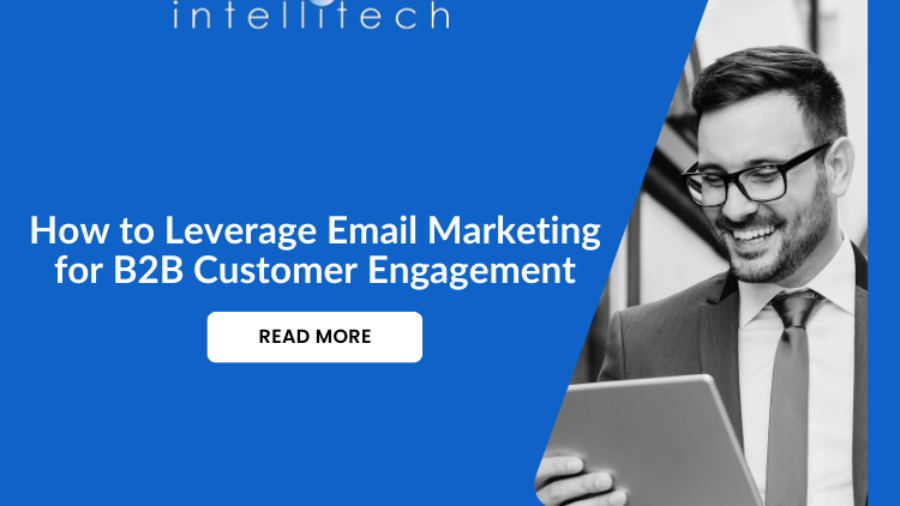As we enter 2025, B2B email marketing remains one of the most effective channels for demand generation, but its landscape continues to evolve. With rising expectations for personalization, engagement, and data-driven decision-making, businesses need to refine their strategies to stay ahead. The following best practices will help you craft impactful email campaigns that drive demand, engage prospects, and ultimately convert leads into customers.
Hyper-Personalization Through Data
In 2025, B2B email marketing is all about hyper-personalization, enabled by advanced data. Using the vast amount of data available—such as behavioral insights, past interactions, and firmographics—marketers can segment their audience more effectively and deliver highly targeted content. Personalization goes beyond addressing recipients by their names; it involves tailoring the email content to their specific needs, pain points, and where they are in the buyer’s journey.
Interactive and Engaging Email Content
In 2025, B2B buyers expect more from emails than just text. Interactive content—such as embedded videos, clickable infographics, polls, and surveys—has become a must-have in email marketing campaigns. These elements not only make the email more visually appealing but also encourage higher engagement by allowing recipients to interact directly with the content.
Focus on Deliverability and Compliance
In 2025, email deliverability is a critical focus area, especially with increasing regulations around data privacy and security. To optimize deliverability, B2B marketers must maintain a clean email list, regularly removing inactive or unengaged contacts to improve open rates and reduce the risk of being marked as spam.
Conclusion
As we move into 2025, B2B email marketing for demand generation requires a blend of personalization, interactivity, compliance, and automation. By leveraging AI and data to deliver hyper-personalized experiences, incorporating engaging content, and effectively drive demand. Email marketing continues to be a cornerstone of B2B demand generation, but success hinges on staying ahead of the trends and embracing innovative approaches.










